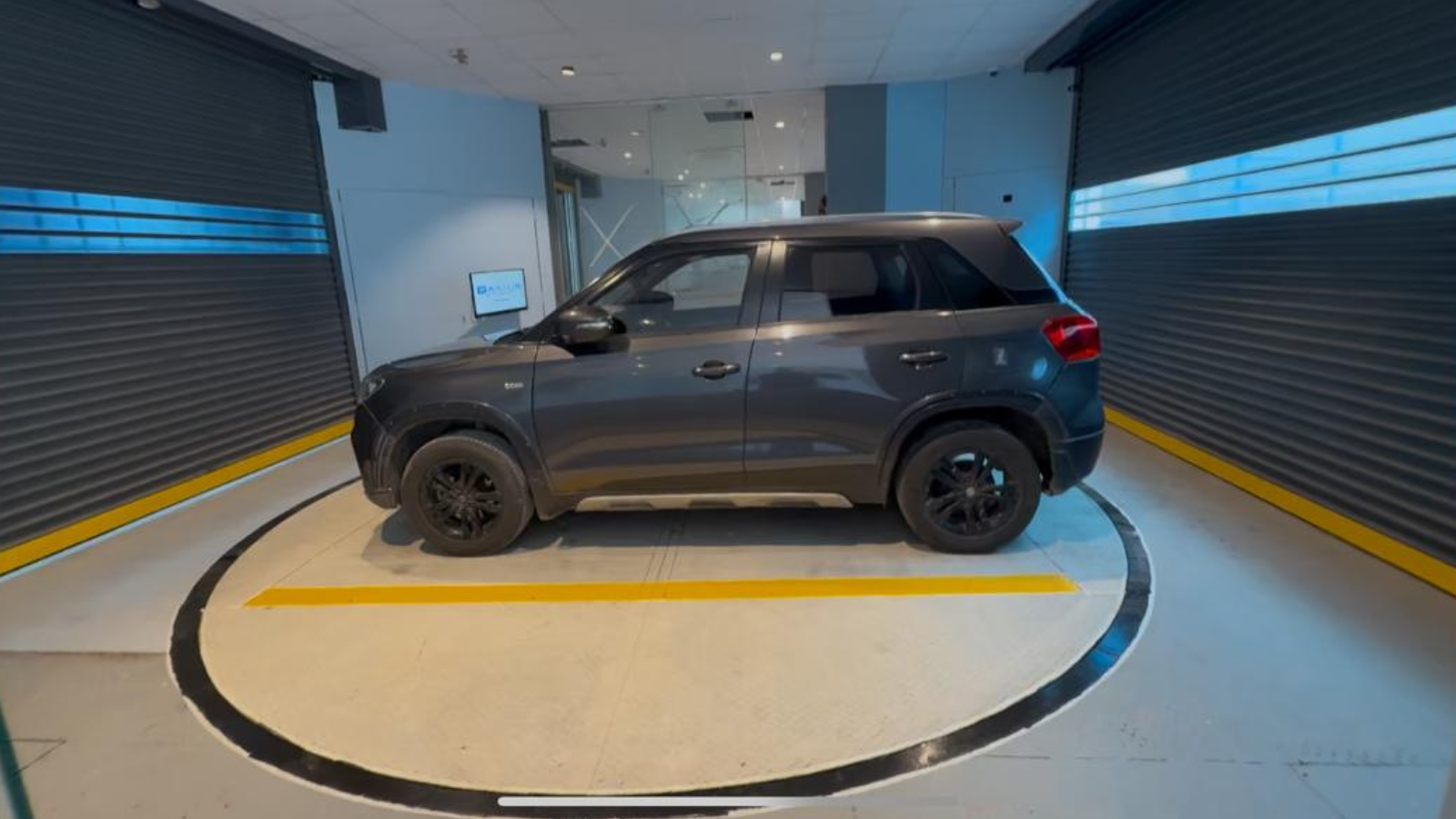Behind the News is your round-up of musings from the corridors of power. Read what goes on behind the scenes for news & newsmakers.
Published Aug 13, 2025 | 4:20 PM ⚊ Updated Aug 13, 2025 | 4:20 PM

The Telangana government’s latest announcement about Hyderabad’s first fully automated multi-level parking complex in Nampally has all the buzzwords.
Synopsis: Helping senior citizens and the differently-abled with parking makes perfect sense. Accessibility features should be a given in modern infrastructure. But hyphenating those categories with “women,” suggesting that they, too, need special parking assistance, reveals an all-too-familiar sexist undertone.
The Telangana government’s latest announcement about Hyderabad’s first fully automated multi-level parking complex in Nampally has all the buzzwords—”world-class,” “cutting-edge,” “Germany’s advanced Palis puzzle technology.”
But tucked in the fine print is a curious detail: the smart turntables for easy parking are “ideal for seniors, women, and differently-abled users.”
Helping senior citizens and the differently-abled with parking makes perfect sense. Accessibility features should be a given in modern infrastructure. But hyphenating those categories with “women,” suggesting that they, too, need special parking assistance, reveals an all-too-familiar sexist undertone.
It reinforces the stale stereotype that women are inherently less capable behind the wheel, a trope that has been debunked countless times but still managed to sneak into this official piece of communication. The fact that this language originates from a government press release, rather than casual conversation, makes it even more problematic.
Hon’ble CM Revanth Reddy’s Vision in Action: Hyderabad’s First Fully Automated Multi-Level Parking Complex at Nampally
Hyderabad Metro Rail Ltd (HMRL) is putting the final touches on a world-class Multi-Level Parking Complex at Nampally — designed to ease the city’s parking… pic.twitter.com/SAAKAp7Kfg
— IPRDepartment (@IPRTelangana) August 11, 2025
Beyond the gender stereotype, there’s also the price tag to consider. This so-called parking revolution comes at a cost of ₹102 crore, in a public–private partnership model, to house just 250 cars and 200 two-wheelers. That’s an eye-watering amount for what is essentially luxury parking, complete with two premium cinema theatres and a city-view gallery.
In a city where public transport is still underdeveloped and road congestion is chronic, one wonders how high-end parking for a select few addresses the mobility needs of the broader population.
The project’s defenders will argue that it’s about easing urban congestion and modernising infrastructure. But when the state spends this kind of money on a facility that serves so few, it raises questions about priorities. Especially so considering the paltry additions to the TGSRTC fleet, and the constant monsoon waterlogged roads.
World-class tech in parking is impressive, and could bring in a couple of curious tourists. However, there are a lot more pressing issues to solve before parking in the sky.
